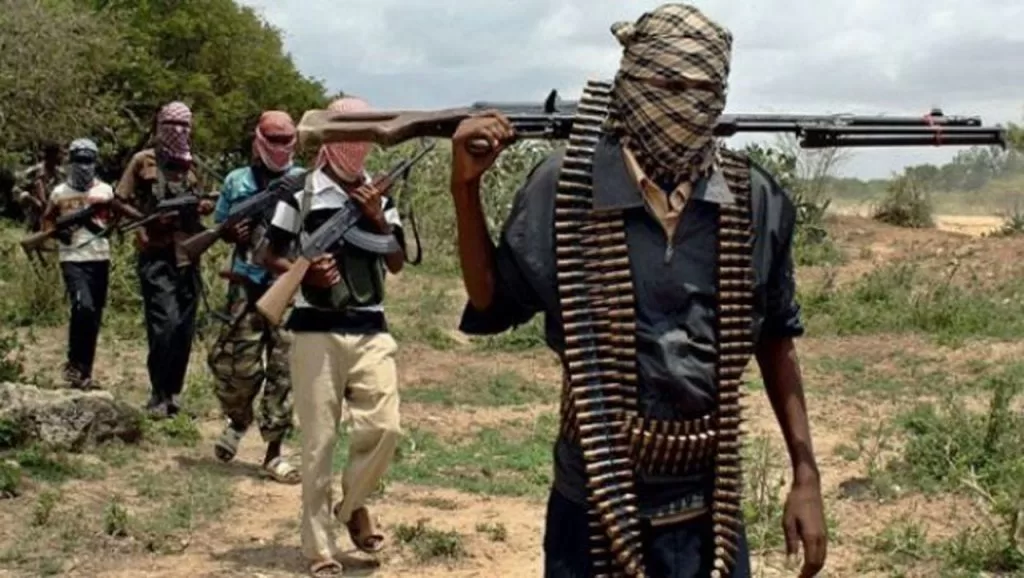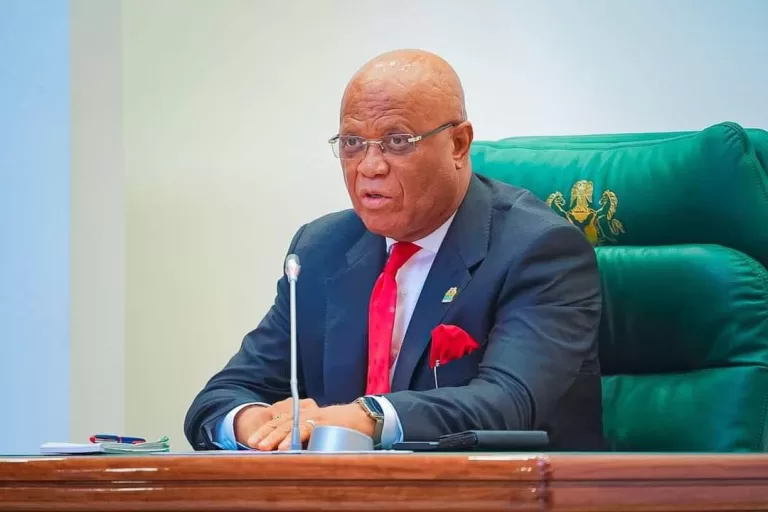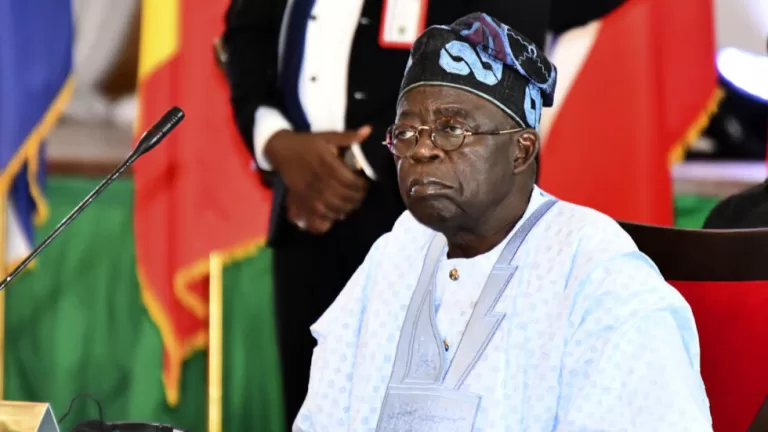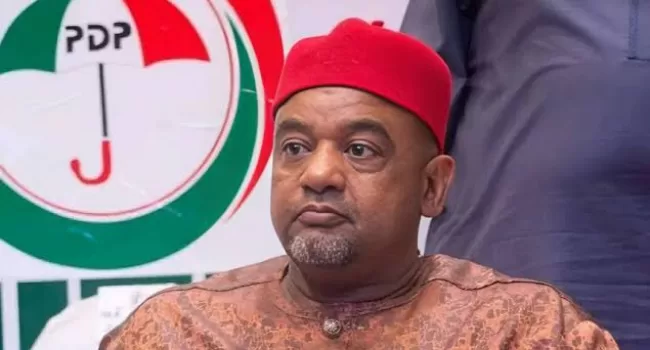
Abuja – In a unified response to the deepening insecurity across Nigeria, the Nigeria Governors’ Forum (NGF) has called on security agencies to urgently intensify efforts in confronting rising incidents of banditry, kidnappings, and communal violence. The governors also endorsed a series of national reforms, including land registration initiatives and support for a state police structure.
The NGF made its position clear after an emergency National Executive Council (NEC) meeting in Abuja on Thursday, which brought together top federal security chiefs and state leaders. Governors lamented the continued bloodshed in states like Plateau and Benue, where armed herdsmen have wreaked havoc on communities.
Addressing the meeting, NGF Chairman and Kwara State Governor, AbdulRahman AbdulRazaq, said the governors had agreed to collaborate with security agencies through a newly established subcommittee designed to ensure early threat detection and improved coordination.
“Governors support the Chief of Defence Staff’s initiative to deploy technology-driven surveillance and response systems. This is critical for national and subnational security resilience,” AbdulRazaq said in the communiqué released after the meeting.
The Chief of Defence Staff, General Christopher Musa, presented a comprehensive security strategy at the meeting, which includes leveraging advanced technologies to boost crisis management, public safety, and intelligence sharing.
The subcommittee is expected to work closely with the heads of Nigeria’s security architecture, including the Chief of Army Staff, Gen. Olufemi Oluyede; Chief of Naval Staff, Vice Admiral Emmanuel Ogalla; Chief of Air Staff, Air Marshal Hasan Abubakar; Inspector General of Police, Kayode Egbetokun; as well as heads of intelligence agencies.
A Call for State Policing
Kaduna State Governor, Uba Sani, renewed the call for the establishment of state police to address Nigeria’s overstretched federal security structure. He cited Kaduna’s relative peace under his leadership as evidence that local solutions can have lasting impact.
“We have fewer than 400,000 police officers for over 230 million Nigerians. It’s simply not enough,” Governor Sani said. “We need to decentralize policing to respond swiftly to local threats.”
Land Reform and Housing Initiatives
The forum also received a presentation from the Minister of Housing and Urban Development, Ahmed Dangiwa, who proposed a National Land Registration and Titling Programme in partnership with state governments. The initiative aims to formalize land ownership, attract investment, and improve internally generated revenue.
Dangiwa clarified that the federal government’s push to establish a National Land Commission is intended to implement the Land Use Act effectively, not to usurp state powers.
“We want to work collaboratively with states. This reform can drive urban renewal, economic growth, and housing development,” he said.
Revamping Electricity Distribution
The NGF also discussed a potential strategic partnership with Powercom Smart Grid Nigeria Limited (PSGN), which would involve the company taking over operations of selected electricity distribution companies (Discos). The plan includes integrating smart grid technology and building a local metering plant.
Governors welcomed the proposal, noting it could boost energy efficiency, job creation, and investment in the power sector—while relieving states of legacy liabilities tied to failing Discos.
Consensus for Action
Governor Hope Uzodimma of Imo State, who chairs the All Progressives Governors’ Forum, stressed that the security subcommittee would also liaise with the Director General of the National Intelligence Agency (NIA), Director General of the Department of State Services (DSS), and the National Security Adviser.
“We are not just discussing problems—we are actively building a framework for collaboration. Technology, intelligence, and a proactive approach are essential to resolving the current crisis,” he said.
As the country grapples with a multi-pronged security crisis and economic hardship, the meeting underscored the growing urgency for coordinated action, decentralised policing, and targeted investments in infrastructure and governance.





